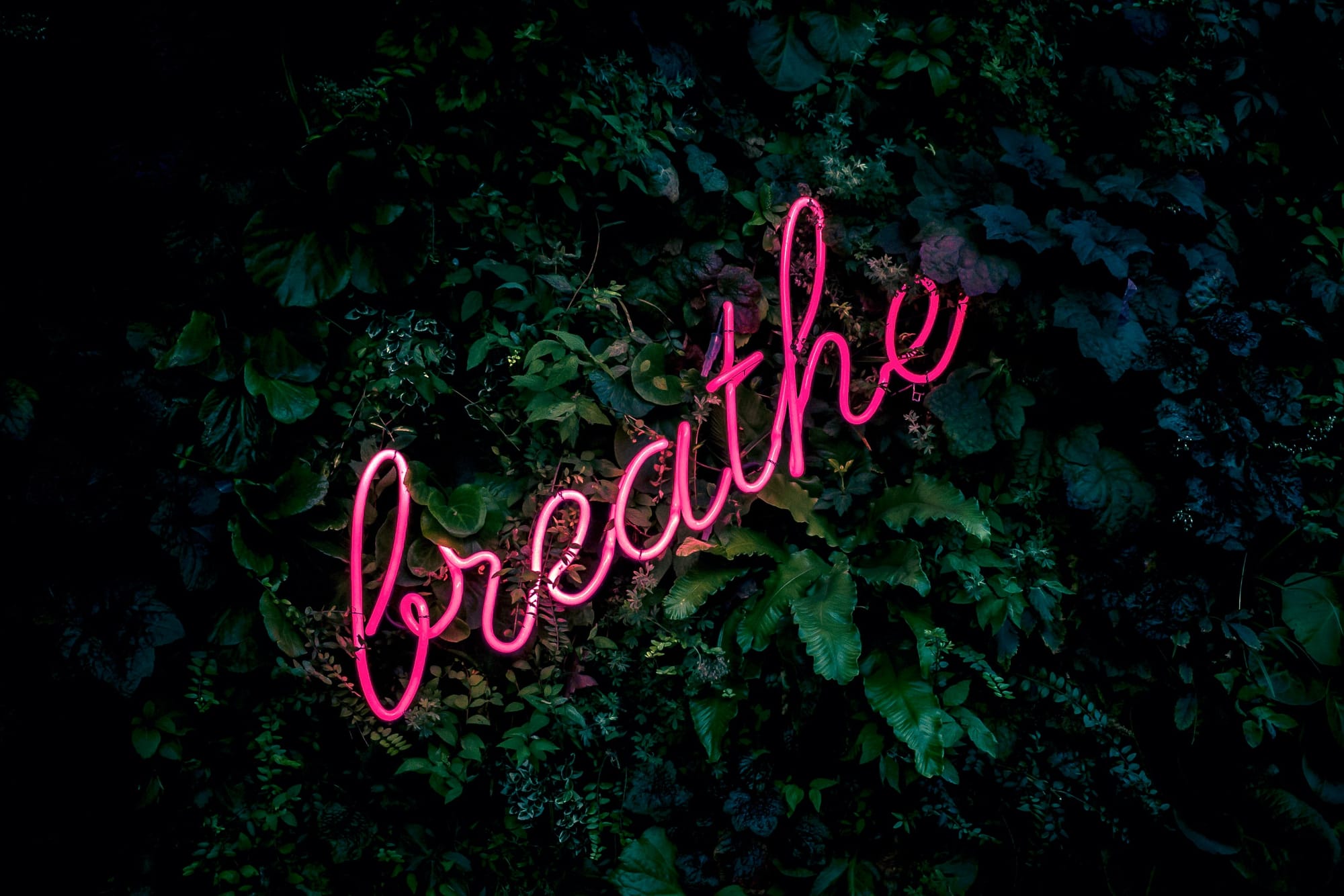Why is the breath so important in yoga?

You may have wondered why when taking part in a yoga class the teacher is always talking about breath. "Bring your awareness to your breathing, lengthen your breath, connect your body to your mind by breathing consciously"…that sort of thing. If you watch any of my videos or come to a class I will certainly be saying these things! When I started doing yoga regularly, I didn’t understand why this could be so important. It seemed to be connected to that ‘spiritual’ side of yoga which was far removed from anything I could understand. I was here for the exercise, the physical benefits and the good posture, which seemed like obvious effects of what we did in class. So I got on with it with, I must say, a certain amount of skepticism and the belief that this wasn’t any more than just an exercise class.
It wasn’t until after carrying on going to classes, because yoga made my body feel good and my posture was improving, that I started to notice other changes - more energy, focus, a greater desire to be with people, a more positive outlook, much more tolerance - and I started to believe there could be something to this other side of yoga I had heard about. Having a curious mind – the type which always asks why – I started looking into the reasons these changes might have been happening to me. I had previously read some articles about the powerful psychological benefits of yoga, but had not really been able to relate to them. Now everything I read described exactly how I was feeling….and when I got to the more scientific, anatomical descriptions of the effect controlling the breath during yoga has, I was amazed. The psychological benefits I had recognised in myself were indeed all connected to the physical things I was doing with my body. How our nervous system works and connects the different functions of our bodies to our brains explained the whole thing - it all made sense.
I realise this doesn’t need to be understood to enjoy the benefits of yoga - the best way is to just find a good teacher and get started….you’ll soon see for yourself how it makes you feel. But for me it was a beautiful moment where I could connect the logical part of my mind, which I had always known and trusted, with my new more open, feeling, sensitive, spontaneous post-yoga self.
Here’s a brief description of how it works: By actively controlling our breathing we are tapping into our bodies' parasympathetic nervous system. This system is one side of the autonomous nervous system, which controls all of our bodies' subconscious actions, e.g., breathing, heart rate, hormones, digestion, etc. The parasympathetic part decreases breathing and heart rate, letting us find a state of relaxation – ‘rest and digest’ – where our bodies can regenerate. The other part, the sympathetic nervous system, controls ‘fight and flight’ mechanisms, increasing breathing and heart rate, stress hormones and shutting down digestion. This is important when dealing with situations where we need to react fast, but if we stay in this state for prolonged periods, due to daily stress or the constant stimulation of a hectic lifestyle, it’s not healthy, as our bodies never have the chance to be in a state where they can regenerate.
So finding a way of helping our bodies come into a state where the parasympathetic nervous system is switched on is beneficial to our health. And this is what we are doing when we control our breathing in yoga. The mechanism which lets merely controlling the breath influence other parts of the body is due to the way the parasympathetic nervous system works. It is largely controlled by one long nerve – the vegus nerve – which has branches in many key organs. By controlling the one element of this system which it is possible to consciously change (think about it – breathing is special in being a bodily function which happens unconsciously but we can also control consciously. Can you slow your heartrate? Speed up digestion or salivate on demand?), we can influence the other functions controlled by the same system, purposefully activating the parasympathetic nervous system – a state where stress and anxiety are reduced and our bodies have a chance to regenerate. Without these burdens there is much more time and energy to focus on what is going on in the present moment.
If this little description has piqued your interest, you can find many more in depth explanations of how it works out there. Here are links to a few:
https://www.breatheology.com/delicate-nervous-system/
https://yogainternational.com/article/view/the-vagus-nerve-your-superhighway-to-health